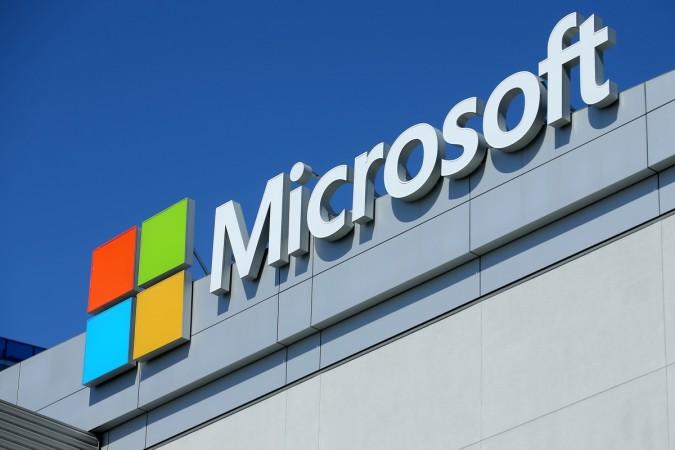When Microsoft rolled out Windows 10 Mobile it was seen as the mobile counterpart of the world's largest mobile OS's last saving grace. But Microsoft has finally called it quits with Windows Mobile.
Microsoft Windows Phone platform has been dead for more than a year, but it was never made official by the company. It is only now that the company has come out and said that the tech-giant will no longer be developing new features or hardware for Windows 10 Mobile.

Joe Belfiore head of Microsoft's "PC-Tablet-Phone" division, tweeted, "Of course we'll continue to support the platform.. bug fixes and, security updates, but building new features or hardware aren't the focus," confirming the company's decision.
Of course we'll continue to support the platform.. bug fixes, security updates, etc. But building new features/hw aren't the focus. ? https://t.co/0CH9TZdIFu
— Joe Belfiore (@joebelfiore) October 8, 2017
It comes as no surprise that Windows 10 Mobile wasn't able to catch up with Google's Android, but a lot of fans had hoped that Microsoft would update Windows Mobile with new and improved features to at least be in the game. It is now clear that the operating system has been placed in servicing mode, and existing users will continue to get just bug fixes and security patches.
Microsoft had put the brakes on its phone business last year. The Redmond-giant had shifted its focus from mobile phones to cloud computing and it became obvious during Microsoft's recent Build and Inspire conferences, when Microsoft CEO Satya Nadella dropped the company's mantra of "mobile-first, cloud –first", in favour of "intelligent cloud and intelligent edge."
Microsoft was one of the first smartphone OS makers with Windows CE that powered PDAs way back in 1996 and later with Windows Phone in 2000.
The Windows Phone 7 operating system was launched when Android wasn't the universally accepted operating system that we know today. Upon its launch, major smartphone manufacturers like Nokia and HTC and even Samsung made Windows Phone devices. Microsoft even bought Nokia's mobile business for $7 billion and rebranded the iconic Nokia brand to Microsoft Lumia line of smartphones.
But the platform suffered due a lack of apps in its app store, Windows Marketplace, and the inability to offer timely updates as compared to the fast evolving Android. Windows Mobile accounted for only 1.3 percent of the US smartphone market as compared to Android's 64 percent market share.
Manufacturers and app developer alike were moving fast to Android, but Microsoft didn't want to give up. Belfiore said Microsoft tried "very hard" to provide incentives for app developers to get their apps onto Windows Mobile. But also reiterated the volume of Windows Mobile users was too low for most companies to invest.
We have tried VERY HARD to incent app devs. Paid money.. wrote apps 4 them.. but volume of users is too low for most companies to invest. ☹️ https://t.co/ePsySxR3LB
— Joe Belfiore (@joebelfiore) October 8, 2017
However, Microsoft could make a comeback with Windows Mobile when things look alright for the company just like BlackBerry did just a few months back.














